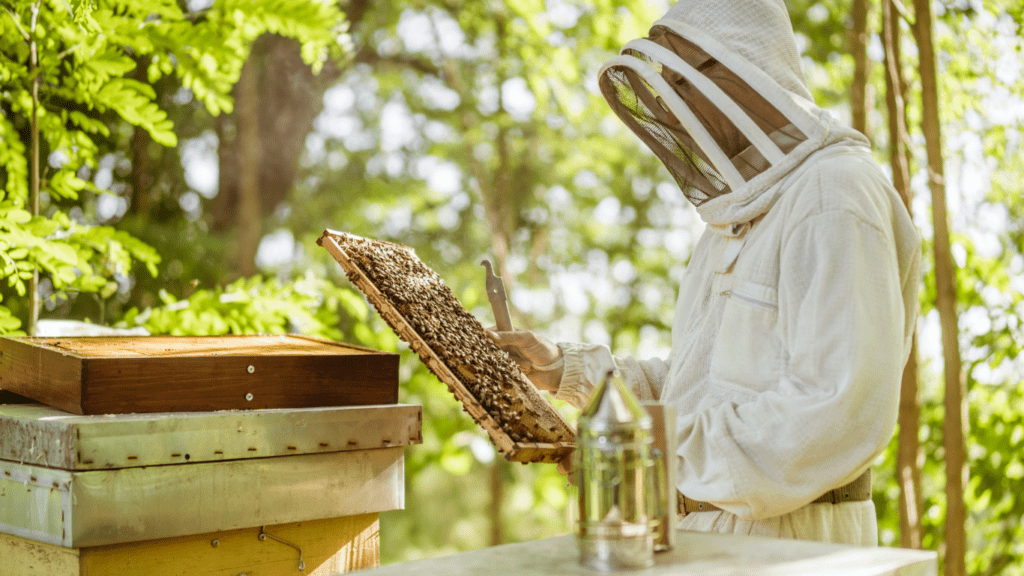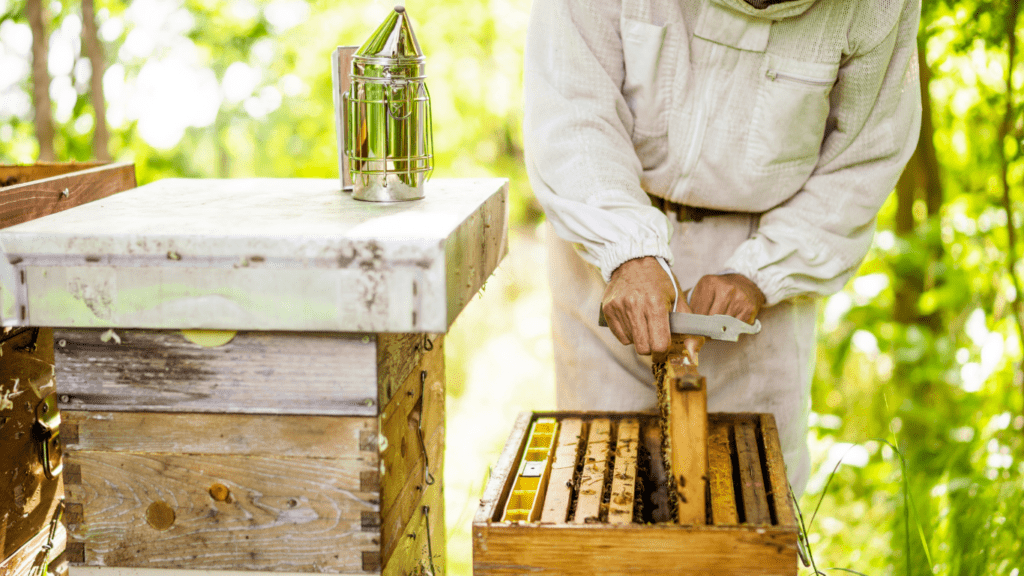Urban beekeeping is not just a hobby; it’s a growing movement that’s creating quite a buzz in the world of agriculture. As an urban beekeeper myself, I’ve witnessed firsthand the positive impact these tiny pollinators can have on our urban landscapes. From rooftop hives to community gardens, the sight of busy bees at work is becoming increasingly common in cities around the globe.
In this article, I’ll delve into the fascinating world of urban beekeeping, exploring why it’s more than just a trend—it’s a crucial practice for sustainable agriculture. Join me as I uncover the benefits of urban beekeeping, the challenges beekeepers face in urban settings, and how you can get involved in this sweet endeavor. Get ready to discover why urban beekeeping is creating a hive of activity in the agricultural scene.
The Rise of Urban Beekeeping
Urban beekeeping is not just a hobby—it’s a vital practice that is gaining momentum in the agricultural scene. Let’s dive into the reasons behind its increasing popularity and the impact it has on urban environments.
Benefits to Urban Ecosystems
Beekeeping in urban areas comes with a myriad of benefits for the local ecosystem.
- Pollination: Urban bees play a crucial role in pollinating plants, boosting flower and fruit production in gardens and green spaces.
- Biodiversity: By maintaining beehives in cities, beekeepers contribute to increasing the biodiversity of urban areas.
- Community Engagement: Urban beekeeping fosters a sense of community and environmental stewardship among city dwellers.
Challenges Faced by Urban Beekeepers
While urban beekeeping offers numerous advantages, beekeepers also encounter specific challenges in urban settings.
- Limited Forage: Bees in cities may have limited access to diverse and pesticide-free forage, affecting their nutrition and health.
- Pesticide Exposure: Urban bees are at risk of exposure to pesticides used in parks, gardens, and urban agriculture.
- Regulatory Hurdles: Navigating local regulations and zoning restrictions can pose challenges for urban beekeepers.
How Urban Beekeeping Supports Biodiversity
Urban beekeeping plays a vital role in supporting biodiversity in cities. Let’s explore how it contributes to the ecosystem:
Pollination and Urban Plant Life
Bees are essential pollinators for urban plant life. As they forage for nectar, bees inadvertently transfer pollen from one flower to another, aiding in the reproduction of plants. This process is crucial for the growth and sustainability of urban green spaces, gardens, and even street trees. By fostering pollination, urban beekeeping helps maintain a diverse range of plant species within city limits.
Impact on Local Wildlife
In addition to benefiting plant life, urban beekeeping also positively impacts local wildlife. Bees attract a variety of other pollinators, such as butterflies, birds, and beneficial insects, creating a more robust ecosystem in urban areas. This increased biodiversity supports the overall health of urban wildlife populations and enhances the ecological balance within city environments.
Setting Up an Urban Beehive
When setting up an urban beehive, it’s essential to choose the right location and gather the necessary equipment to ensure a successful beekeeping experience in an urban setting.
Choosing the Right Location
In urban beekeeping, selecting the right location for your beehive is crucial. Look for areas with access to diverse floral resources to provide nutrition for the bees. Ensure the location has adequate sunlight and protection from strong winds. Opt for spaces away from direct human traffic to prevent disturbances to the bees.
Essential Equipment for Starters
To start your urban beekeeping journey, you’ll need essential equipment. This includes the beehive itself, frames for the bees to build comb, a smoker to calm the bees during hive inspections, a bee suit for protection, and tools like a hive tool and bee brush for proper hive management. Investing in quality equipment from the start sets you up for a successful and fulfilling urban beekeeping experience.
Legal Considerations and Community Engagement
When it comes to urban beekeeping, understanding local laws is crucial. As a beekeeper, I must abide by regulations regarding hive placement, registration, and neighbor notifications. It’s essential to research and comply with local ordinances to ensure a smooth and legal beekeeping experience.
Understanding Local Laws
I always make sure to check local regulations on beekeeping before setting up hives. In my city, for example, there are specific rules on hive placement, distance from property lines, and how many hives are allowed per property. Being aware of these laws not only keeps me in good standing with the authorities but also fosters a harmonious relationship with my neighbors.
Building Community Support and Awareness
Engaging with the community is key to successful urban beekeeping. I actively seek opportunities to educate my neighbors about the importance of bees and their role in pollination. By organizing workshops, hosting hive tours, or participating in local events, I promote bee-friendly practices and encourage support for pollinators. Building strong community awareness not only benefits the bees but also creates a network of like-minded individuals dedicated to environmental sustainability.

 Joseph Hood is an integral part of the project team, specializing in renewable energy and sustainable technology. His expertise in solar energy systems and energy efficiency plays a crucial role in shaping the project's goals and initiatives. Joseph actively collaborates with fellow team members to explore innovative solutions for reducing carbon footprints and promoting cleaner energy sources. His enthusiasm for public education ensures that community members are informed about the benefits of renewable energy, reinforcing the project's mission to create a more sustainable future.
Joseph Hood is an integral part of the project team, specializing in renewable energy and sustainable technology. His expertise in solar energy systems and energy efficiency plays a crucial role in shaping the project's goals and initiatives. Joseph actively collaborates with fellow team members to explore innovative solutions for reducing carbon footprints and promoting cleaner energy sources. His enthusiasm for public education ensures that community members are informed about the benefits of renewable energy, reinforcing the project's mission to create a more sustainable future.